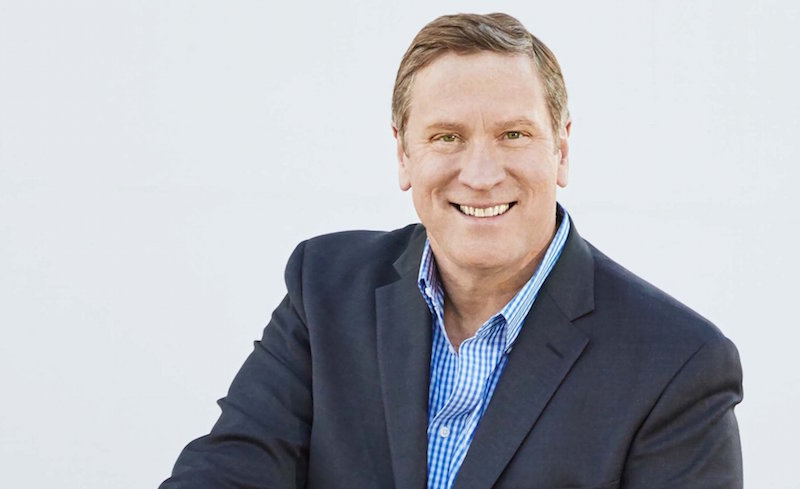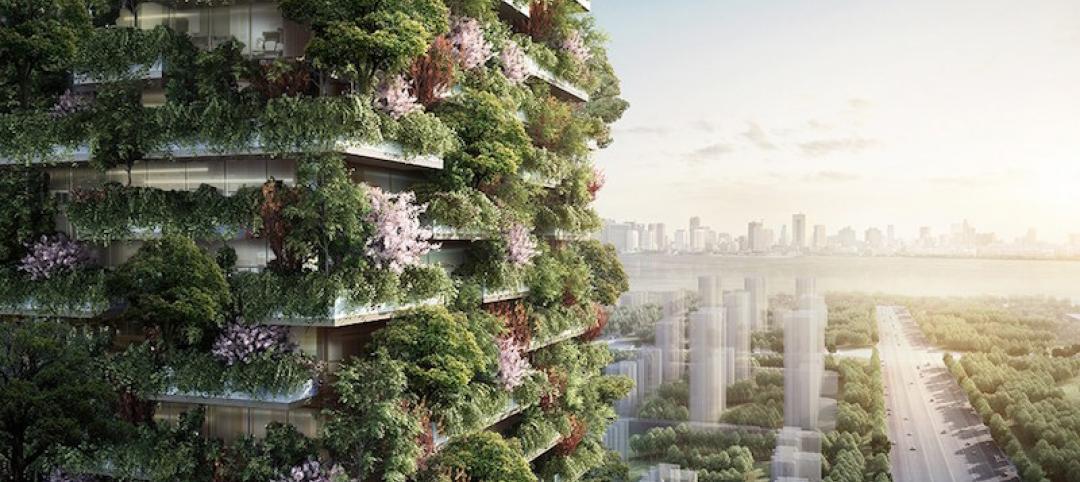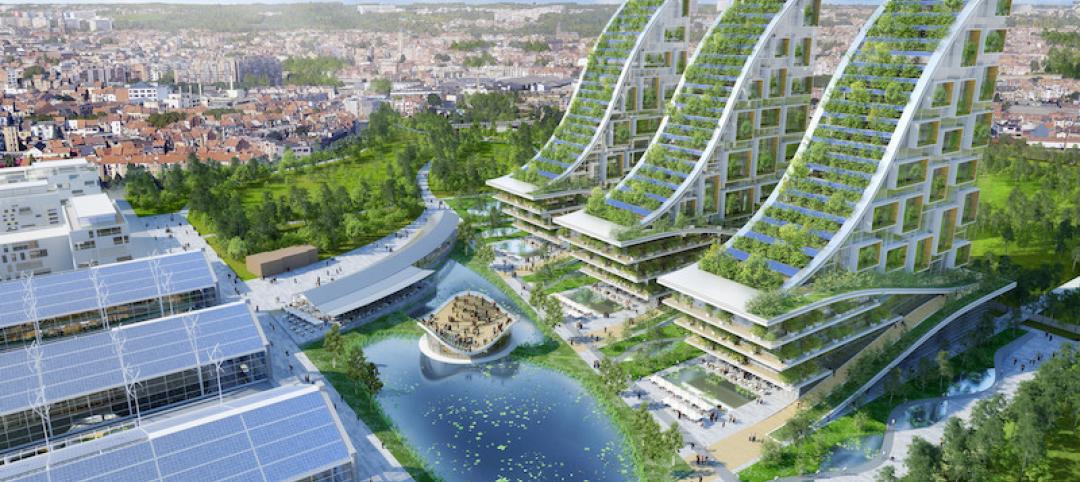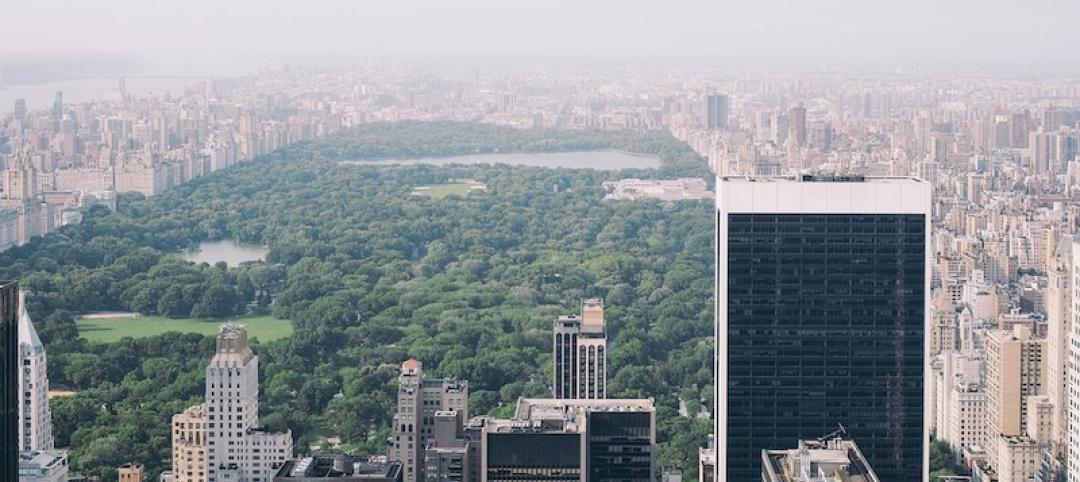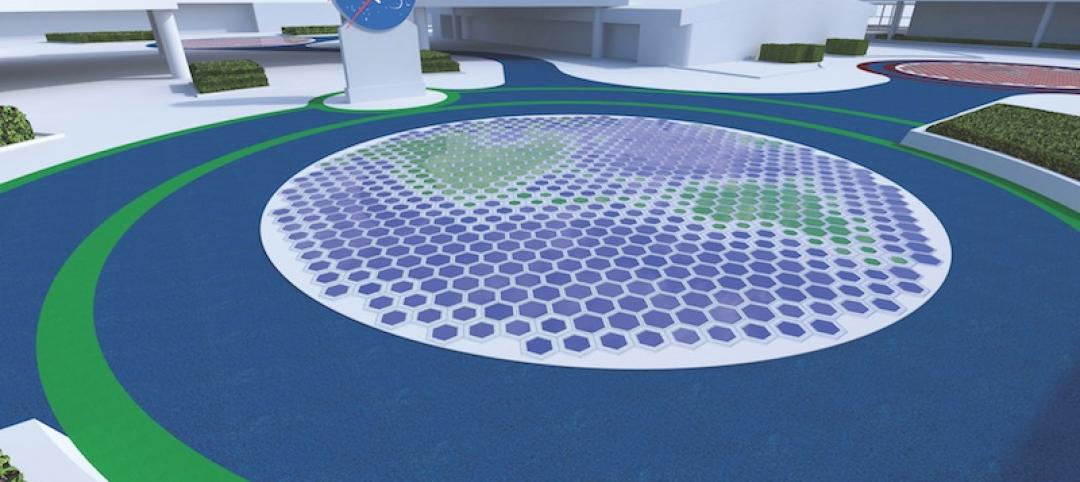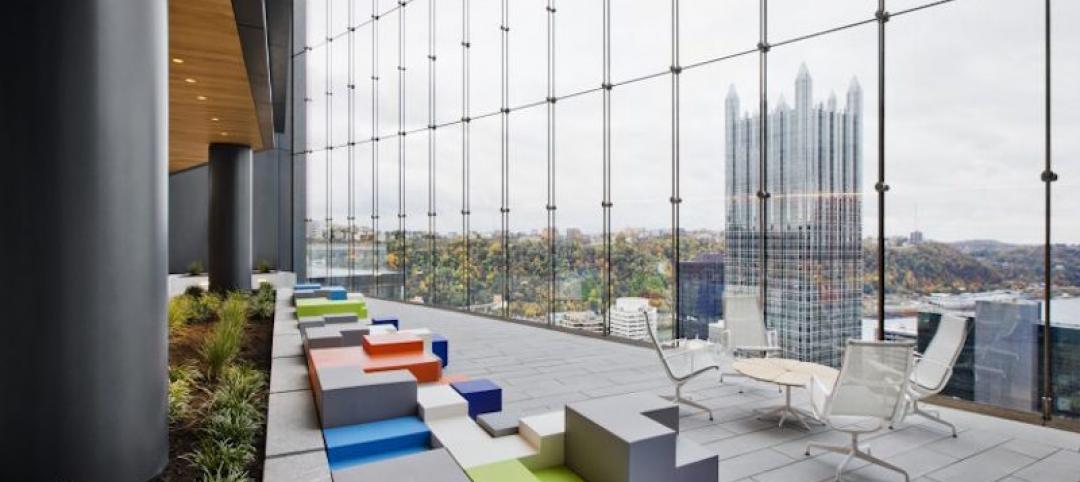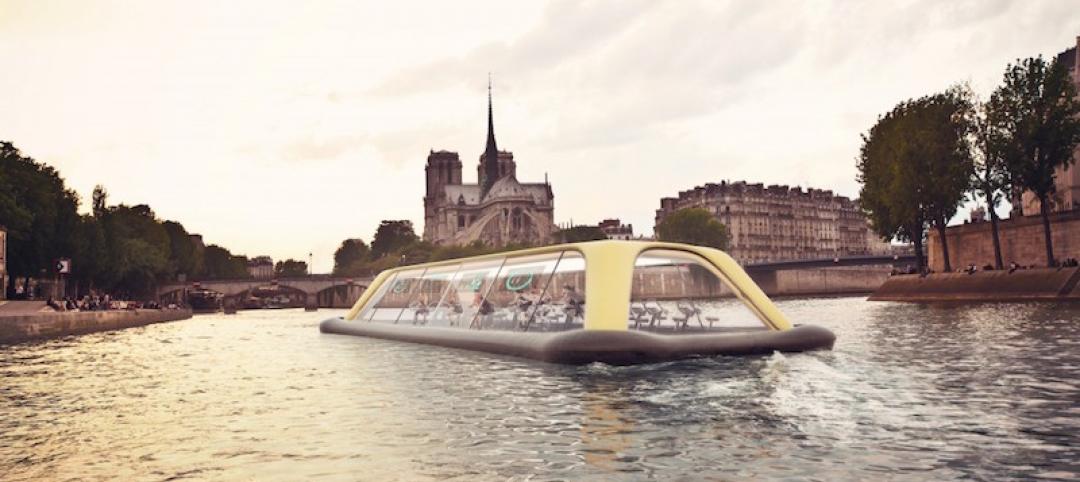Washington, D.C. (July 6, 2016) – U. S. Green Building Council (USGBC) CEO and founding Chairman Rick Fedrizzi is joining the International WELL Building Institute as CEO and Chairman of its Board of Directors. Fedrizzi will assume the position of Chairman immediately and assume the CEO role November 4, 2016, when he will add his executive leadership to the IWBI team full-time after he steps back from USGBC.
IWBI administers the WELL Building Standard (WELL), an evidence-based system for measuring, certifying, and monitoring the performance of building features that impact health and well-being.
“As we continue to grow and expand the adoption of both the WELL Building Standard and the WELL Accredited Professional (WELL AP) program globally, we enthusiastically welcome Rick Fedrizzi into this leadership role to help lead IWBI to new heights,” said IWBI Founder Paul Scialla. “I can’t think of a person better suited to lead this process than Rick. His management experience and global vision will be huge assets to IWBI, and we couldn’t be more excited to have him.”
“I’m very excited about the opportunity to take on a leadership role with IWBI and build upon the work we’ve been doing at USGBC,” said Fedrizzi, who announced last summer his plans to leave the USGBC, which he co-founded in 1993. “Our buildings and communities should help humans thrive. Sustainability plus health is a powerful lens through which to view the world, and WELL has approached this goal in a similar way to how we developed the LEED green building program.
“Leveraging the strengths of both USGBC and IWBI will advance a much needed change in the improvement of the wellness and quality of life of our families, friends and colleagues through a healthier, more sustainable built environment,” added Fedrizzi.
The WELL Building Standard V1 was introduced in October 2014. To date, WELL has registered and certified over 200 projects, totaling more than 45 million square feet across 21 countries.
Fedrizzi co-founded USGBC while he was environmental marketing director at United Technologies Corporation. He has served as USGBC’s CEO since 2004, and during the past decade, has led USGBC’s efforts to establish green building as a global mainstream movement. During his 12 years as CEO, he has championed the idea of improving the world’s building stock in ways that improve the health, safety and well-being of the people who occupy them, and has been a force for driving collaboration across the built environment continuum.
Fedrizzi serves on numerous boards and advisory committees, including the Center for Health and the Global Environment at the Harvard T.H. Chan School of Public Health, whose mission is focused on the design and development of leading-edge research on how to improve human health and well-being through the built environment, as well as Bank of America’s National Community Advisory Council, Clinton Global Initiative’s Scaling Sustainable Buildings Action Network, Delos’ Advisory Board, Watsco, Energy Focus, VIEW, and Global Green. In 2015, he authored Greenthink: How Profit Can Save the Planet, which recently received the IPPY Gold Medal in the Public Affairs Category.
Fedrizzi holds a BA from Le Moyne College and an MBA from Syracuse University, where he recently received the Arents Award. A native of Syracuse, he spent more than 25 years at United Technologies Corporation, culminating in his role as in-house environmental marketing consultant. In 2001 Rick founded Green-Think, an environmentally focused marketing and communications consulting firm. He transitioned from the role of volunteer founding chair of USGBC during this time to becoming its full-time CEO in 2004.
About the International WELL Building Institute
The International WELL Building Institute (IWBI) is a public benefit corporation whose mission is to improve human health and well-being through the built environment. IWBI administers the WELL Building Standard (WELL) – a performance-based system for measuring, certifying, and monitoring features of buildings that impact the health and well-being of the people who live, work, and learn in them. Fulfilling the vision of IWBI Founder Paul Scialla, IWBI has a pioneering altruistic capitalism model that will address social responsibility and demonstrate a sustainable model for philanthropy. IWBI has committed to direct 51% of net profits, after taxes, generated by registration fees, certification fees, and recertification fees received from real estate projects applying for WELL Certification toward charitable contributions and impact investment focused on health, wellness, and the built environment. IWBI was established by Delos in 2013 pursuant to a Clinton Global Initiative commitment to improve the way people live by developing spaces that enhance occupant health and quality of life by sharing the WELL Building Standard globally. www.wellcertified.com
Related Stories
Green | Feb 10, 2017
Radical proposal would transform Chicago’s Lake Shore Drive and create new lakefront park space
Over 70 new acres of public space would be created between Ohio Street and North Avenue.
Green | Feb 6, 2017
A to Z: Seoul’s elevated park features 24,000 alphabetized plants
The plants will represent 250 species found in South Korea.
Green | Feb 3, 2017
Nanjing Green Towers will be Asia’s first vertical forest
The project will be covered in 1,100 trees and 2,500 cascading plants and shrubs.
Sustainability | Jan 27, 2017
An office building proposed for Norway would generate more power than it uses
Over it’s 60-year lifespan, the power generated form the project would cover the energy cost of construction, production, and material transportation.
Sustainability | Jan 24, 2017
From an industrial park to an eco-neighborhood in Brussels, Belgium
At the heart of Vincent Callebaut Architectures’ eco-neighborhood will be three 100-meter-tall Vertical Forests.
Sustainability | Jan 19, 2017
How NYC is slashing 80% of greenhouse gas emissions by 2050
To help one of the most complex cities in the world develop an actionable strategy to meet visionary GHG reduction goals, we focused on strategies for deep carbon reductions for the city’s entire building stock, which constitutes 73% of citywide emissions, writes HDR's Jennifer Bienemann.
Game Changers | Jan 18, 2017
Turning friction into power
Research on piezoelectricity moves closer to practical applications for infrastructure and buildings.
Green | Jan 17, 2017
Everything you need to know to sound brilliant when talking about biophilia
We need nature in our everyday lives – which is why it’s so important to bring nature into the built environment.
Green | Dec 22, 2016
New tool makes it easier to share building energy efficiency information
The tool standardizes data collection from efficiency projects.
Sustainability | Dec 14, 2016
A floating, mobile gym powered by human energy envisioned for the Seine River
Energy created by those exercising within would power the gym down the Seine.


